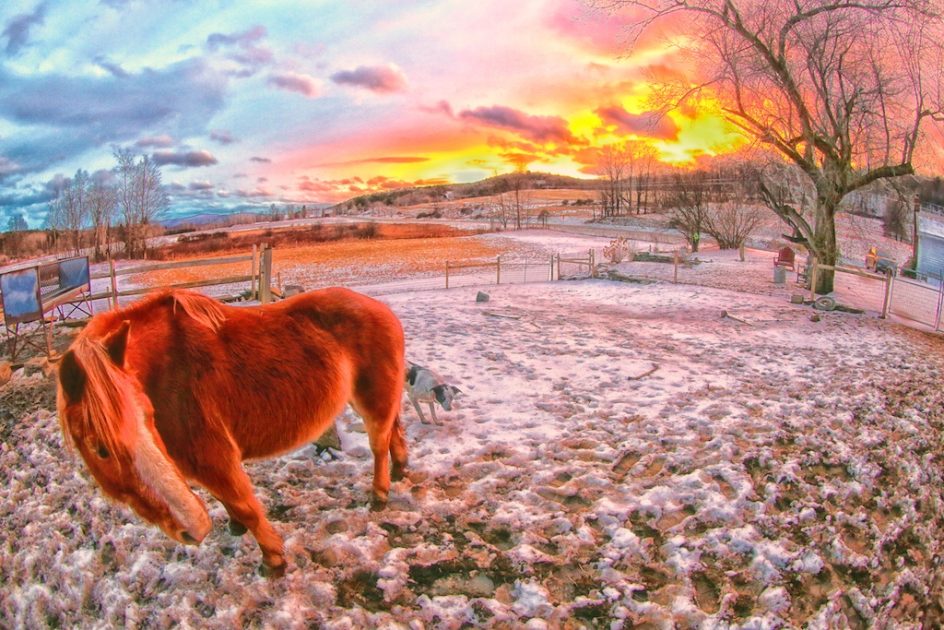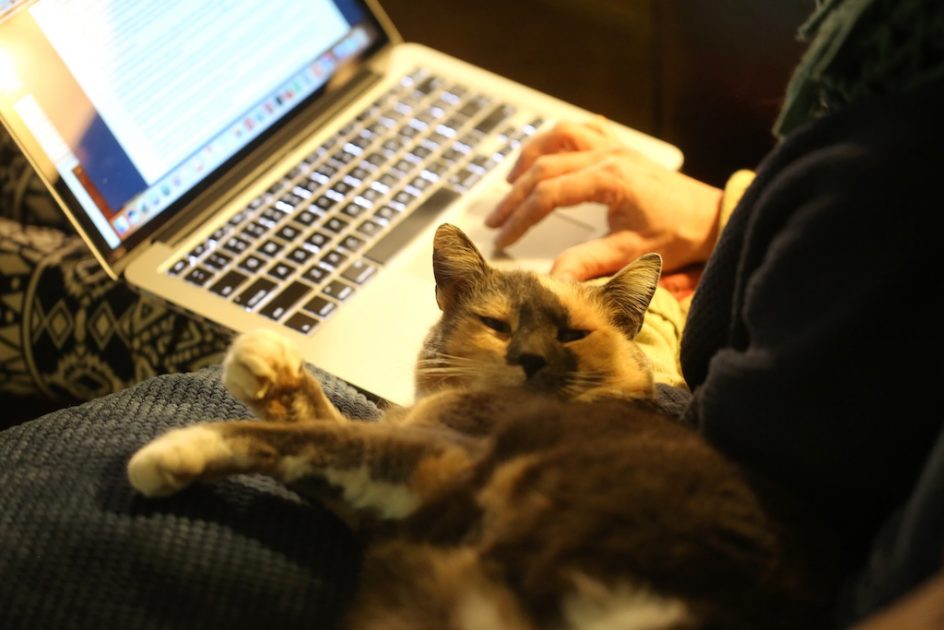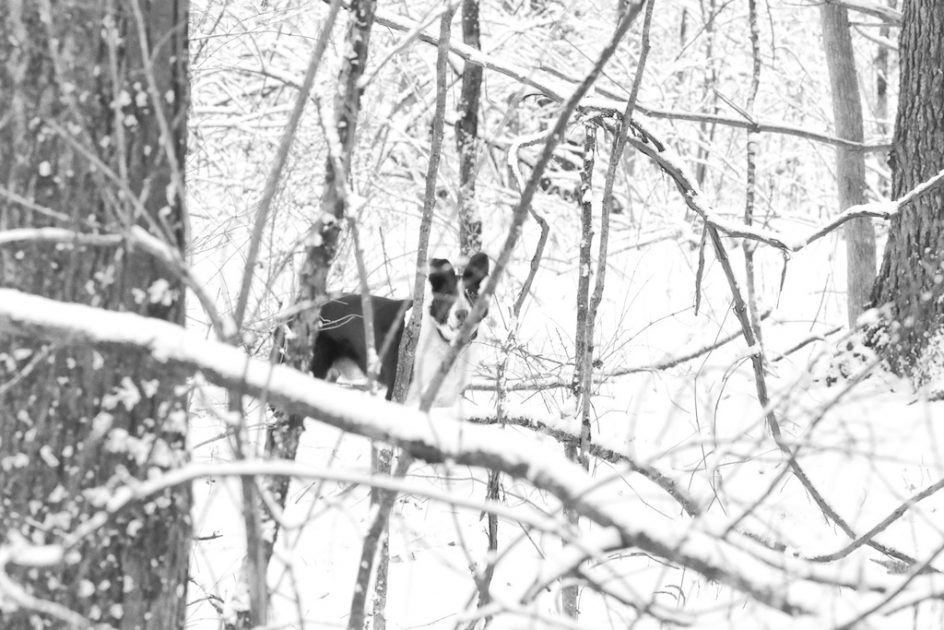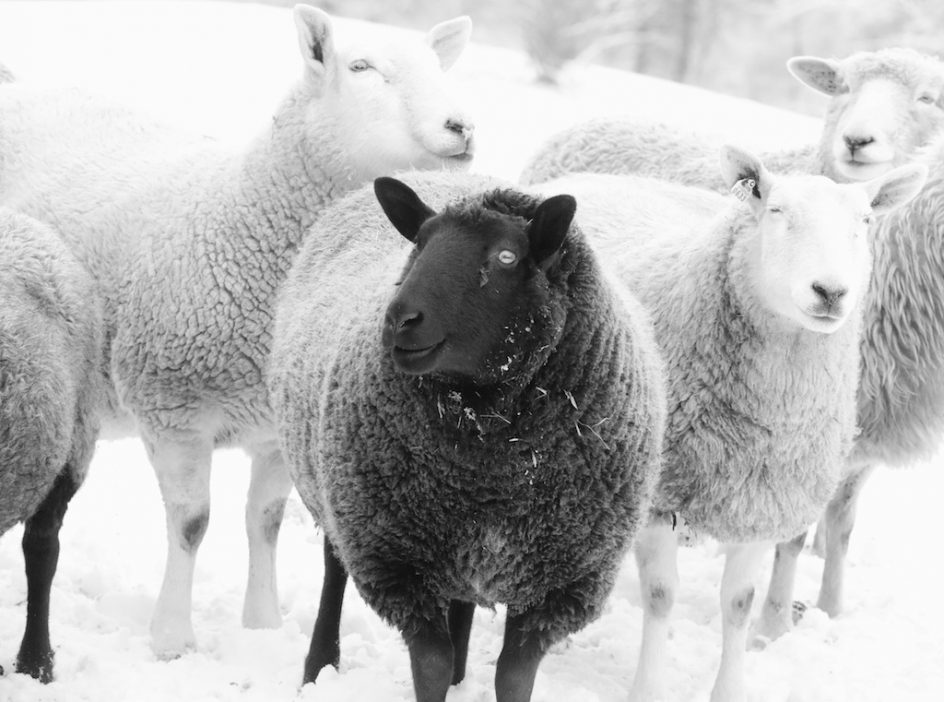
When I wrote about the New York Carriages, and said they seemed content in their lives and healthy, I received a great deal of indignant mail from people who assured me that the horses were “sad” and looked depressed. They were unhappy, people told me. This was, in fact, a staple claim of the animal rights movement, which claimed the horses seemed dejected and miserable working in the city.
I wrote recently about the decision of Ringling Brothers to close, and about the lack of any real evidence that its own elephants were either sad or abused, even though I saw scores of stories from reputable (and some lazy) journalists insisting the elephants hated to be performing for people.
I received even more angry messages, mostly on Facebook from people who had never seen an elephant and knew nothing about them.
“You can see from the photos and videos,” Jane wrote me, “that the poor things feel demeaned and awful having to do tricks for human beings. This is disgusting, I will never read a word you write again. They belong in the wild.” This idea – that some animals are sad when working with people or entertaining them – nearly wiped out the horse carriage trade in New York and ultimately, killed the circus.
It nearly killed 200 carriage horses and will soon be responsible for the death of a number of elephants, with no work to do or places to go.
For several years now, I have been gathering and reading studies by behaviorists and animal biologists about what is really known about animal emotions. I is tough reading but good reading.
I have also been living with animals – cows, sheep, donkeys, dogs, barn cats, sheep – for years and writing books and articles about them. This May, my experiences communicating with them – “Talking To Animals” will be published by Simon and Schuster.
The studies are invariably dense and filled with scientific jargon. But they are compelling and useful, and the correspond closely with my own observations. Animals are not human and while they have emotions, they do not have human emotions, a difference that confuses many people, especially in our media culture, which emotionalizes animals as intensely as it emotionalizes politics and the news.
I’ve seen – and animal biologists have found – that animals experience fear and pain.
Both instincts are visible. Biologists also know that animals instinctively hide their other feelings and emotions to confuse or mislead predators. And they know that animals do not have our vocabulary, emotions, or imagination. They can’t project the future or work to improve their lives. They don’t have consciences. They don’t ache to travel or worry about money or aging. They don’t have words. They live to survive, and they survive on instinct, not calculated decisions or motives like happiness or adventure.
On her fascinating blog, biologist Dr. Holly Muraco writes about the things that drive animal behavior. It is almost never emotion.
“…dolphins living in nature aren’t spending their time “going on adventures and exploring with their families,” she writes.
“That is a human desire and pleasure. All wild animals (yes that means dolphins and whales too) have one very important, all-encompassing, instinctual job to do; it’s to pass their genes to the next generation. To get to that ultimate end goal of passing on their genes (mating), an animal has to eat for energy and avoid death. To be successful at eating, mating and avoiding death, wild animals employ different life strategies and reside in specific ecological niches.”
Mostly, they do what the have to do to survive, including for domesticated animals and pets charming and tricking humans into thinking they love them so they will get fed. Dogs are perhaps the greatest practitioners of this animal behavior, we let them into our homes, give them human names, call them “furbabies” because they show emotions to us – excitement, tail wagging, licking – that we humans translate into recognizable emotions. Mostly, the dogs are excited because they will get attention, treats, a walk or other activities. Instinctively, they have figured out how to live with us and survive.
Dog owners fret that their dogs are bored when left at home or lonely. There is some evidence that dogs react different to people who are away for 20 minutes or two hours, but there is no evidence that dogs are aware of how long they are being left alone, or grasp the concept of loneliness. Dogs are pack animals, they prefer to be in the company of other living things, especially other dogs, but that is an instinct, also shaped in the litter, by the mother and siblings.
Of course dogs instinctively wish to be with other dogs – in nature, that could mean the difference between life and death, or getting food or shelter or warmth and protection. It also, as with dolphins, means breeding, which is a powerful instinct in any animal. But dogs in the wild spent enormous amounts of time sleeping in enclosed spaces, it is not cruel for them to be in a crate, done right, it is comforting and grounding. Many people just can’t bear to do it.
I have never had a dog who suffered from separation anxiety, or who had any problem being in a crate, or who suffered in any visible way from being alone in the house. I think this because I don’t really believe in those things – they are often human engineered, for human needs, or triggered by traumatic dog experiences in early life or the litter. We need to believe they love us in human terms, hate to be apart from us. So they are. Dogs survive by being what we need them to be. Raccoons don’t know how to do this, which is why we usually only see them lying dead by the side of the road.
In New York City, animal rights activists claim the carriage horses were “sad,” because they hung their heads in the carriage lines and cocked a rear leg. These are, in fact, signs of calm and contentment for horses. Many people projected the idea of sadness onto the circus elephants, assuming they must hate performing in circuses because they were not in nature, their natural world. It is natural for people to assume that, since most of us would hate to do it.
But there was little or no evidence that the Ringling Brothers elephants were “depressed” or suffering. They were healthy, they ate heartily, were alert, attached to their trainers, responsive and obedient. They experienced none of the many dangers and struggles of the wild, and they were fed constantly and were busy and engaged and attached to people.
One could argue, as some did, that these were the luckiest Asian elephants in the world, although this idea is absolutely stunning to people fed on horrific videos online and the almost hysterical emotional projections. They must be sad, after all, prodded and poked and made to stand up on their hing legs for thousands of applauding people. They must hate to be on those trains, moving from one city to another.
They are gone now, and whether the claims of the circuses critic’s had merit or not, these animals will now disappear from our world. A few will get to those mystical preserves we keep hearing about, the others will go to some zoos or smaller circuses, or be sent to slaughter. Ringling Brothers said it costs $65,000 to care for an Asian elephant each year, not too many places will be footing that bill. Few of those places where the elephants do go will have the money or resources or motivation to care for them as well as Ringling Brothers did.
The “happiness” or contentment of animals is a relative thing. Were the Ringling Brothers circus worse off than the elephants slaughtered by poachers in Asia every year, or those starving and dying because climate change and development are destroying their habitats?
In New York City, the head of the animal rights group leading the campaign to ban the carriage horses said on tape that the horses wold be “better off dead” than pulling light carriages for lovers and children and tourists in Central Park. He nearly got his wish.
We are “saving” more and more animals in order to worsen their living conditions or kill them.
The truth is much more complex than that, and the longer it takes us to see it, the more of these animals will die and be gone from the world. Animals generally do not make career or lifestyle choices. Truth is a struggling concept in America today, but it does exist, and people who truly love animals would be well served to try and dig it out.
Almost all animals live to eat, be with with other members of their species and to pro-create. Working animals live to work, they need the physical and mental stimulation of it to be healthy and content. Working animals like carriage horses, dogs and elephants are most often bred to connect with humans, to focus on them and attach to them so that they can work naturally with them. Think of the Lab out in the field with his hunter for hours. Breeding does that, not emotion.
This connection with people, over time, has become a breeding instinct – think of border collies and hunting dogs. There are signs of animal depression if they are hungry or sick or frightened, but no one can say for sure what an animals emotions are, or if they are “sad” or “happy.” Behaviorists do not use those terms.
That is because they are human, not animal, constructs. In my experience, animals are content or uneasy, not happy or sad. When a dog dies in a household, the other dogs are understandably upset, there is a disruption in the pack and the routine, and animals love routine. That is not the same thing as human grief.
I have lived with many dogs and had many dogs die, and I have never seen an animal “grieve,” as opposed to being disoriented, confused or depressed. The very idea trivializes human grieve, which is all too real.
Since dogs have no understanding of death – only humans of all the species of the earth know they are going to die – how could they possibly mourn and grieve like we do? What words would they use, since they don’t use words?
Think of the Katrina dogs, many thousands of them re-homed, away from their homes, people and canine companions. I don’t know of one who mourned to death or did not eventually adapt. Dogs live to survive, not to emotionalize their lives like we do. Or the millions of rescue dogs and cats happily re-homed every year.
They are the most adaptable of creatures.
Frieda and Lenore both died a couple of years ago within months of one another, the border collies looked around for them, and ran to the door to go to work. When Frieda died, I gave Lenore a bone and she ran off happily to chew it. It is very difficult to separate what animals are thinking from what human beings want and need them to think.
Animal biology is a fascinating field, and it is a shame that very few animal lovers pay much attention to it. I think the future of animals depends on our having a wiser and more mystical understanding of them.
The best-selling dog books are not about the truth, but rather the truth we would like to believe in, like the very sappy Rainbow Bridge, in which dogs wait for their humans to join them in heaven and play together for all eternity. It is the most selfish idea in all of the literature of the human-animal bond.
Emotionalizing animals harms them, even kills them. Overfeeding is the leading cause of death for dogs in America, reports the American Veterinary Association.
Researchers and science holds the keys to a better understanding of animals, and the better we understand them, the better off they – and we – will be.




